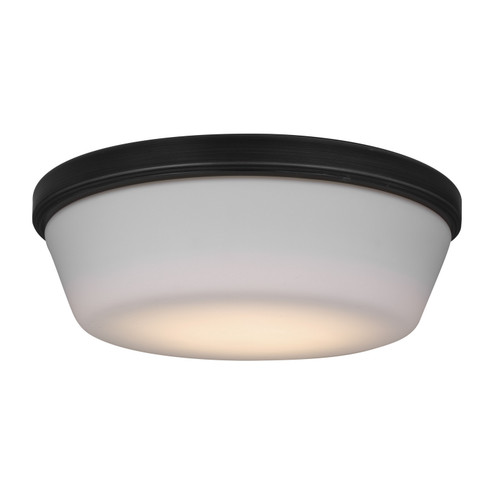Customers Also Viewed
Have a question...
Are you a Builder or Designer? Sign up to be a Trade Pro here.
Generation Lighting is a partner of 
Buy from an American Family-owned company ensuring quality lighting brands reach your door.
All sale discounts applied once added to cart. See sales here
Have a question...
Previously known as Feiss Lighting, Sea Gull Lighting, and Monte Carlo, Generation Lighting is a synthesis of experience and creativity. Renowned for collaborating with builders, contractors, and designers, they offer a range of lighting and fans. From classic traditional designs to modern transitional styles, Generation Lighting caters to diverse home aesthetics, infusing each space with a unique ambiance.
Generation Lighting excels in providing diverse lighting solutions. Their portfolio includes opulent traditional and modern transitional designs, reflecting a commitment to versatility and style. This brand is a go-to for homeowners and designers seeking to elevate their spaces with lighting that captures the essence of both time-honored and contemporary trends.
Butler Lighting partners with Generation Lighting for their shared dedication to quality and design diversity. Embracing Generation Lighting's wide-ranging styles, from traditional to transitional, Butler Lighting enriches its offerings, ensuring customers find the perfect match for their unique home spaces and design visions.
You need to, first, know the size of fan you need. To know this, you’ll need to find out the height and overall room size of the room you intend to put the fan in. If your ceiling is higher than 10 feet, then you will need to get a longer downrod than will likely be included. If you want a standard ceiling fan, the size is typically 52”. Most bedrooms and great rooms will use this size.
There is no singular ceiling fan that is best all homes. Your biggest factor when looking for a fan that will fit in with your home is how much you’re willing to spend. You’ll typically want to buy from a specialized company that sells fans, lighting, and related supplies. Some companies we like are Craftmade, Quorum, Big Ass Fans, Modern Forms Fans, and Matthews Fan Company.
There is no one fan that is better than the others. It all depends on preference. A standard fan is 52” and has 5 blades. Though, there are many different kinds of fans on the market. Of course, selecting which one is best for you will depend on your budget, scope, the what kind of end goal you had in mind with your fan.
A 3-blade fan and a 5-blade fan both move the same the amount of air more or less, even if seems like the 5-blade would be better. 3-blade fans usually have a more transitional or modern style, while 5-blade fans can come in a large variety of styles. Though both are versatile, you can work a 3-blade fan into almost any interior, or exterior at your home, office, or commercial project.
The longer the fan blades on your fan, the higher the CFM, which stands for cubic feet per minute. It’s also important to note the pitch in the blades of the fan to see if the fan will be moving higher or lower. You typically are going to want a fan with blades at 14-16 degrees to get the best results. There are fans that have blades at 20-26 degrees. CFM is the best way to see how much air movement the fan provides.
The best way to measure how quickly the blades of a fan circulate air is through measuring their RPM. This stands for rotations per minute. Though it may be best to check the CFM to see how air a fan will give out. It’s always best to check with your lighting or fan expert to find out the specifics regarding your circumstances.
CFM stands for cubic feet per minute. We consider it to be the best indicator when it comes to measuring how much air a ceiling fan, cooling fan, or pretty much any other fan moves.
The best way to answer this is to develop an understanding of DC (direct current) and AC (alternating current). DC motors can use up to 70% less energy in some cases over there AC counterparts. DC motors connect to a transformer rather than directly to the power sources, which allows them to be much more energy efficient. Another good way to save energy with a fan that has a light fixture is to use LED integrated, or LED light bulbs instead of traditional bulbs. These lights have a tendency to last longer than others and save you money.
This answer will depend on the kind of fan you have, and the dimensions of your ceiling. Getting the right downrod is important as it is what keeps your fan hanging properly. Try to keep the ceiling fan at least 8-8.5 feet off the ground. Higher ceilings will ultimately require longer downrods than others. To get the right downrod, take down some measurements and consult your expert.

Read Our Fans Buying Guide to Learn More
Looking for just the right Fans Consider reading our buying guide to learn more about things like Budgeting, Design Types, How To Install, Energy Costs, Commercial and Bulk Options & of course, Our Favorite Products!
Ceiling Fan Guide